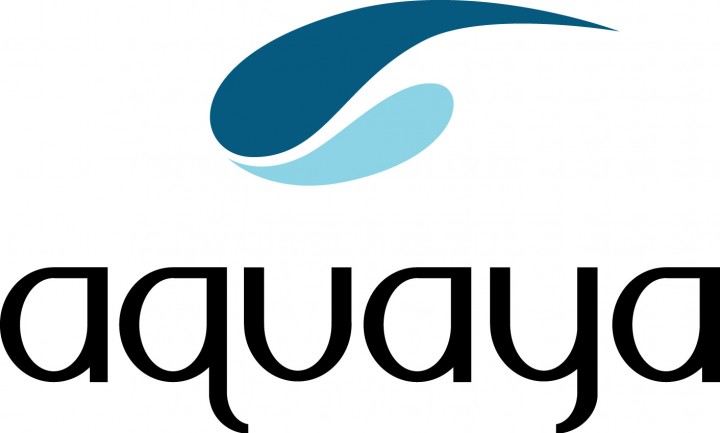Pro-Poor Sanitation Surcharges in Kenyan Cities Are wealthier urban residents able and willing to pay more for sewerage in low-income areas?
Aquaya Institute
Aquaya
The safe management of fecal waste is a major public health and economic challenge in most cities of the developing world. Coping with poor sewerage infrastructure and rapid population growth will require significant investments in both standard waste water treatment systems and on-site fecal sludge containment and removal. The objective of this research assignment was to conduct a pilot evaluation of sanitation surcharges in Nakuru and Kisumu as one option for supporting these investments in low-income urban neighborhoods in Kenya. Sanitation surcharges are defined as an additional fee levied on municipal utility customers that are connected to sewer pipes and paying sanitation tariffs. The independent water sector regulator in Kenya, WASREB, is considering the introduction of sanitation surcharges, and the purpose of this evaluation is to provide evidence regarding their acceptance. The hypotheses behind sanitation surcharges, which were tested through this evaluation, were that, 1) wealthier utility customers are willing to contribute towards the public good; and 2) wealthier customers recognize personal health benefits from cleaner environments.

Answer questions about the project
Filter / Tags
CitiesOperation, maintenance and sustainable servicesSpecific to one or several countriesUrban (entire city)University, education or research institution
Related Countries
Kenya

Project location
